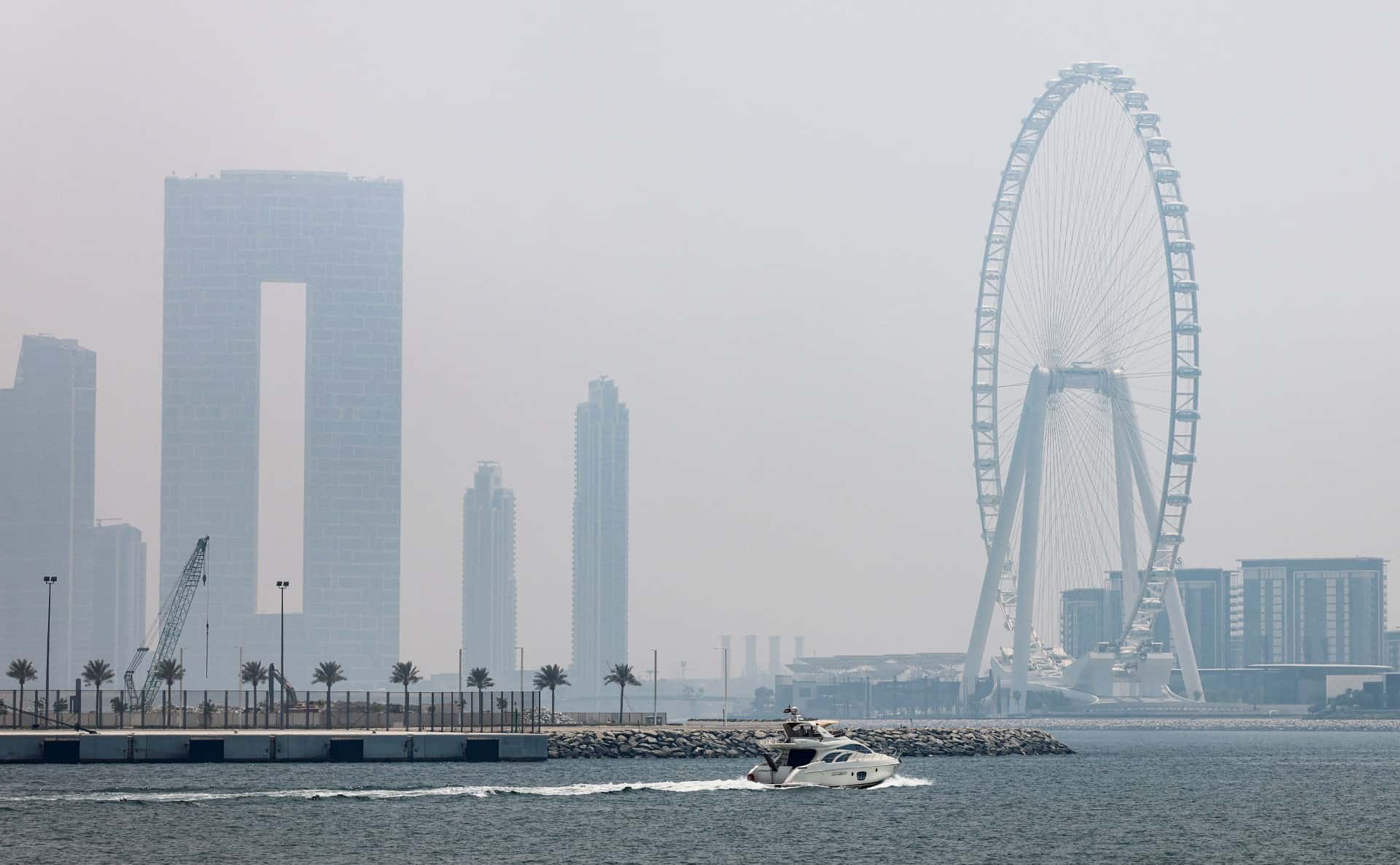Dubai, UAE— The UAE’s Ministry of Climate Change and Environment has issued a decree on the use and distribution of hydrofluorocarbons (HFCs) in order to control their circulation and emission into the air.
The decree aligns with the UAE’s preparations to host the 28th Conference of the Parties to the United Nations Framework Convention on Climate Change (COP28) this year.
Hydrofluorocarbons (HFCs), often referred to as refrigerant gases, are classified among greenhouse gases that intensify global warming and affect the ozone layer. Hence, this decree is a significant step in the UAE’s endeavor to uphold its obligations towards climate change mitigation and curbing harmful emissions.
The regulations outlined in this decision are applicable across the UAE, encompassing all free zones and entities engaged in HFC-related activities. As per the decision, all such establishments must adhere to several procedures.
These include registering with the Ministry of Climate Change and Environment, providing the establishment’s commercial or industrial license, obtaining a warehouse license, and reporting the annual quantities of Hydrofluorocarbons (HFCs) imported over the past three years.
Moreover, they must secure a permit from the ministry to manufacture, import, export, re-export, or transit HFCs or recycled or reclaimed materials derived from HFCs, following all necessary approvals from local authorities.
The decree also stipulates that establishments must submit to the ministry quarterly reports detailing the quantities of hydrofluorocarbons sold, utilized, and remaining in stock.
They also need to secure prior consent from the relevant authority when disposing of waste hydrofluorocarbons and equipment containing them.
For transboundary disposals, establishments must adhere to the obligations of the signatory nations under the Basel Convention, which governs the control of cross-border movements of hazardous wastes and their disposal.
This decree aligns with the UAE’s commitments under the Vienna Convention and the Montreal Protocol concerning substances that deplete the ozone layer.
Since joining the Convention in 1989 and the Protocol in 1990, the UAE has been at the forefront of efforts to restore the ozone layer’s protective capacity against harmful ultraviolet rays that affect human health and the environment.
Cooling systems account for 7% of global greenhouse gas emissions, and projections suggest a significant increase in these emissions by 2050 due to the escalating average temperature of the Earth.
The measures adopted under this new law concentrate on establishing legislation and guidelines to regulate the use of ozone-depleting substances and monitor their import and export.
Through its unaided efforts, the UAE has successfully met its commitments to completely prohibit chlorofluorocarbons and halons by the prescribed deadline in 2010.
Moreover, the nation is progressively phasing out the use of HFCs in compliance with the quotas and timelines established at the nineteenth meeting of the Parties, intending to ban them entirely by 2040.








